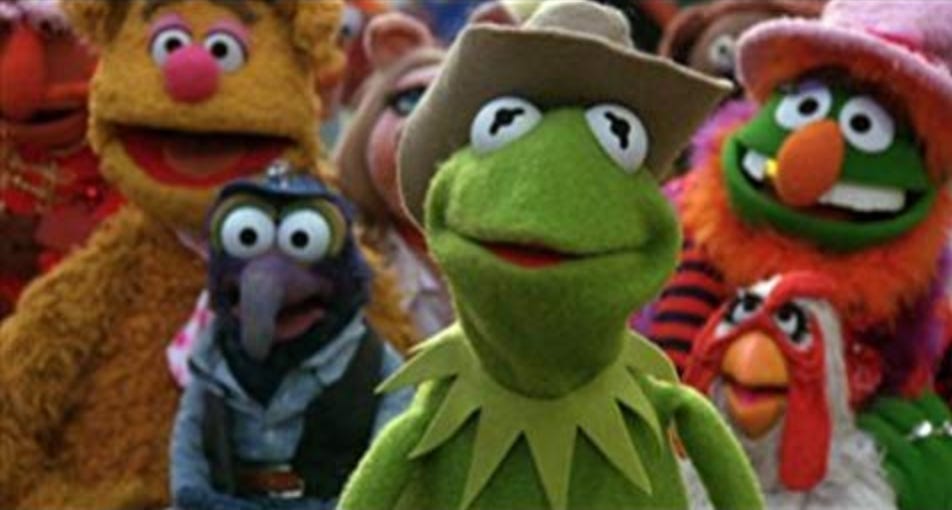On Intellectual Humility: Tolerance vs Respect
Hello from Kyoto, and welcome to the latest Snow Report! If you like what you read here, pass it along! <3

One of the keys to exercising intellectual humility in our lives—that is, discerning when and when not to change our minds, and having the strength to do so—is having respect for other viewpoints. Being open to ideas that seem foreign to us is incredibly important for innovation, and for progress in society.
But what happens when someone else’s viewpoint is morally abhorrent?
As I lay out in The Black Square chapter of Dream Teams, even bad ideas can lead us to good ideas—and often, things that look crazy or far out end up helping us make incredible breakthroughs in business and in life. So it’s important for us to be curious enough to explore viewpoints we don’t initially “get,” if we want to maximize our chances of making progress on whatever we’re working on.
And yet, sometimes that someone else is Hitler and his viewpoint is “we should kill all the Jews.” What then?
Does having intellectual humility mean we need to tolerate this viewpoint?
Or what about less evil, but nonetheless bad viewpoints? Like, the belief that we should abolish the law that you have to clean up after your German Shepherd when it poops on the public sidewalk?
Does being tolerant mean you need to accept that?
This question has repercussions in both business and politics, and it explains the dilemma many well meaning, open-minded people have when they encounter, say, people who aren’t open minded.
The answer lies, as it often does, in our conflation of two similar, but different things. That is, the difference between respect and tolerance.
Respect is being willing to hear people out before we cast judgment. It’s seeking to understand people, not interrupting them first. It’s allowing them to believe what they believe, even if we disagree. It is not, however, allowing them to behave any way they want—say, if that involves doing harm to someone else.
Tolerance is allowing people to say, do, and be what they want. In most cases, this is a morally good thing. But tolerance is not morally good in all cases (e.g. Hitler.). In fact, tolerance taken to its extreme means tolerating intolerance, which is self-contradictory.
Philosopher Karl Popper described this paradox of tolerance in 1945. He eventually concluded that "in order to maintain a tolerant society, the society must be intolerant of intolerance."
I believe that having respect for human beings, no matter who they are or what they believe, is a morally good thing. And it’s good for innovation, as understanding bad ideas can help us develop good ones. I believe we should seek to understand people and hear them out before we cast judgment.
But we shouldn’t tolerate intolerant behavior. That itself is disrespectful. It’s, by definition, cutting off other viewpoints.
We can, however, still treat seemingly intolerant people with respect—to the degree that we can listen to them before we judge them. And we can give them fair hearings when their intolerance harms other people.
By seeking to understand even intolerant viewpoints, we can do the right thing and prevent intolerant views from becoming intolerant action (i.e. evil)—and we can do it without selling out our humanity.
So let’s listen a little more. Let’s try to understand a little more. And let’s not let intolerance prevent us from being open minded—or from stopping intolerance itself.
Maybe we can learn a little about ourselves in the process.
Much love (and respect),
Shane
P.S. On the dog poop sidewalk question: I think that’s not a question of tolerance so much as negative externalities that affect society in a bad way. But I’m willing to hear out arguments in favor of not curbing your dog, if anyone has one! ;)
P.P.S. I have a HUGE post about intellectual dishonesty and debate coming up soon. Stay tuned, and meantime, happy holidays!
P.P.P.S. Have you checked out the new book Insane Mode yet? It’s by one of my favorite writers, Hamish Mckinzie, and it just came out. It’s about the future of energy, electric cars, and the strange and mythological leadership of Elon Musk.


